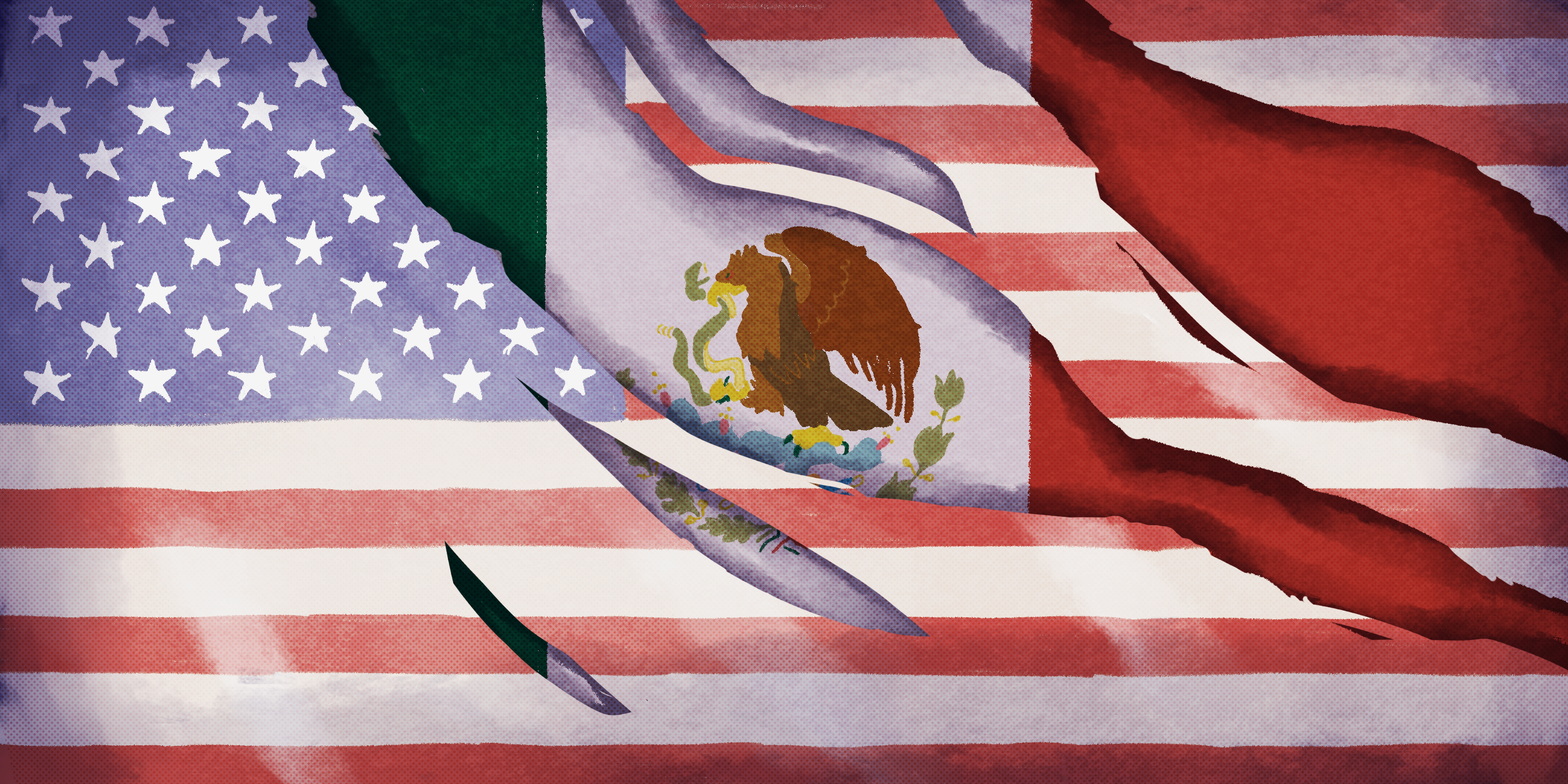I used to speak Spanish a lot more.
Before coming to DePaul, when I was still living in Los Angeles, hearing and speaking Spanish was something that I just expected.
As a kid with divorced parents, I would spend every other weekend with my dad, and since he lived with my non-English-speaking grandparents, I would be immersed in a world of Spanish for three days. My name was not Aidan anymore, it was “mijo.”
Although Spanish was not the primary language spoken at my mom’s house, I still interacted with the language regularly. Whenever my mom was mad at me or my sisters, she would yell in Spanish, and oftentimes I would eavesdrop on her phone conversations with one of my tías or a relative from Mexico. Moreover, every year around Easter, my cousins from Mexico would visit, and this was yet another opportunity to engage in my ancestors’ language.
One summer, I even worked as a receptionist at a doctor’s office where most of the patients were non-English speakers; this really pushed my skills as I had to incorporate medical terminology into my Spanish vocabulary.
Now that I am entering my third year at DePaul, I feel a weird disconnect with the language that I first learned to speak.
For the past seven months, I have been working at Jeni’s Splendid Ice Creams in Lake View, and despite a majority of the clientele being white families, there is the occasional Spanish-speaking customer. Yet, when being presented with the opportunity to speak Spanish, I often freeze up and panic, feeling like I suddenly forgot how to form a coherent sentence.
How did I go from being able to comfortably answer calls all day in Spanish at my job as a receptionist to sometimes avoiding conversation with Spanish-speaking customers at Jeni’s?
Born and raised in Los Angeles, I have absolutely zero family members in Chicago, not even a family friend–everything I know and love is on the West Coast. Naturally, with the absence of family, I have begun to speak Spanish less since moving to Chicago. I don’t want to rely on my family to continue speaking Spanish, yet I do.
My mom has always told me that with each future generation of our family, the quality of Spanish will decline as it gets harder to retain the language due to assimilation into American culture. Her parents were first-generation immigrants from Mexico who only spoke Spanish at home, and my mom, a second-generation immigrant, primarily spoke English with me at home, with the exception of my early childhood. Just within two generations, the use of Spanish in our family changed dramatically.
Although Spanish was my first language, my mom is a much better speaker than me, and this means that it will be harder for me to pass down the language. If I were to have a kid right now, I could teach them some Spanish, but would it be enough for them to pass the language down to their kids? Probably not.
Beyond enriching my own grasp of the language, I want to speak Spanish more often so that I can one day pass it down to future generations of my family. Of course, being able to speak two languages is a great skill to have. However, I think it is even more important to preserve the culture of my ethnicity via language before it’s too late.
Header by Julia Hester




NO COMMENT